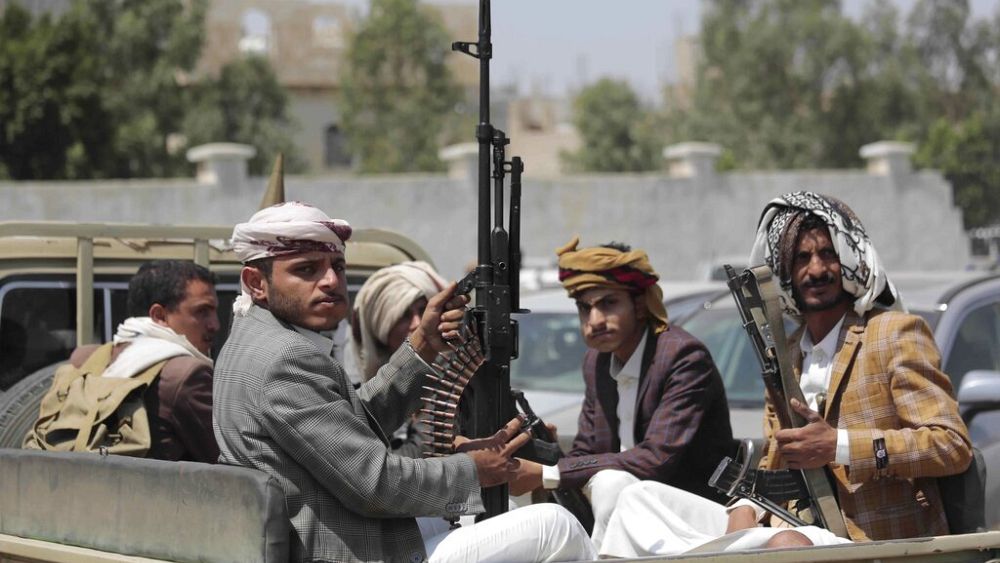The United Nations said Yemen’s warring sides agreed Sunday to exchange more than 1,000 prisoners, marking the first phase of a prisoner-release plan reached earlier this year.
The UN mission in Yemen said the internationally recognised government that was driven from the capital six years ago and the Houthi rebels agreed “to immediately release a first group of 1,081 conflict-related detainees and prisoners, in accordance with the lists of agreed-upon names.”
The prisoner-swap deal was seen as a breakthrough during 2018 peace talks in Sweden. Both parties agreed then to several confidence-building measures, including a ceasefire in the strategic port city of Hodeida. Implementation of the tentative peace plan, however, stumbled amid ongoing military offensives and distrust between the two sides.
Occasional releases of dozens of prisoners over the past two years have served as gestures of good faith, stoking hopes the factions would implement what the UN has described as the war’s “first official large-scale” exchange.
The two sides committed earlier this year to swap over 1,400 detainees.
The conflict in the Arab world’s poorest country erupted in 2014, when the Iran-allied Houthis seized the capital and much of the country’s north. A Saudi-led coalition, determined to restore President Abed Rabu Mansour Hadi’s government, launched a military intervention months later.
The war in Yemen has spawned the world’s worst humanitarian crisis, leaving millions suffering from food and medical shortages. It has killed over 100,000 people, including fighters and civilians.
“Today is an important day for over a thousand families who can expect to welcome back their loved ones hopefully very soon,” said the UN Special Envoy for Yemen, Martin Griffiths.
Sunday’s deal came at the conclusion of a week-long meeting in Glion, Switzerland that was co-chaired by Griffiths’ office and the International Committee of the Red Cross. Representatives from the Saudi-led coalition also attended, the UN said.
Yemen’s Foreign Minister Mohammed Abdullah al-Hadrami welcomed the deal on Twitter and called for its full implementation without delay. He said most of the prisoners the government wants released are “civilians, activists and forcibly disappeared,” in addition to four top officials detained since the beginning of the war.
Houthi officials said the deal includes the release of over 680 rebel prisoners in return for at least 400 from the government, including Saudi and Sudanese troops who were fighting on the side of the Saudi-led coalition. The officials said the swap would start on Oct. 15.
The Houthi officials spoke on condition of anonymity because there were not authorised to brief the media.
The UN said the deal was built on a plan both sides agreed to in February.
Griffiths urged both parties to “move forward immediately with the release and to spare no effort in building upon this momentum to swiftly agree to releasing more detainees.”
“We have no time to waste, releasing the 1,081 individuals would and indeed will represent the largest release operation during the history of the conflict in Yemen,” he said.
He said the two sides agreed to meet again to discuss more releases, including top government officials covered by a UN Security Council resolution.
Fabrizio Carboni, ICRC’s director for the Middle East, also urged the parties to swiftly work to move the agreement “from signatures on paper to reality on the ground.”
The deal came amid months of fighting between the two sides over oil-rich Marib province, which is held by the government. The Houthis want to seize control of Marib to strengthen their position in the U.N.-mediated peace talks.
The rebels have in recent months intensified missile and explosive-laden drone attacks on Saudi Arabia, with the coalition saying it intercepted and destroyed an explosive-laden drone on Sunday.









